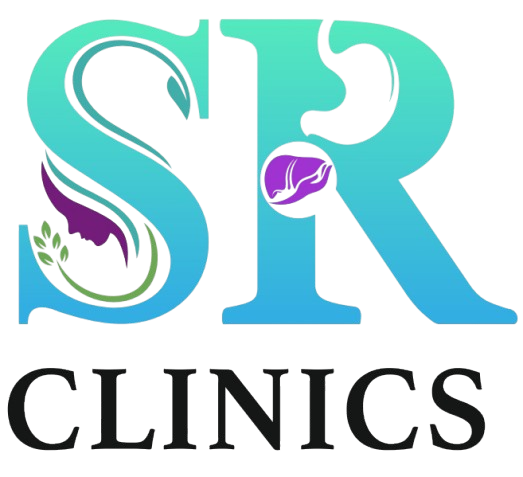
Gallstones
Gallstones are solid particles that form from bile cholesterol and bilirubin in the gallbladder. These stones can range in size from a grain of sand to a golf ball and may cause severe pain, nausea, vomiting, and digestive discomfort, especially after consuming fatty foods. If left untreated, gallstones can lead to complications such as inflammation, infection, or blockage of the bile ducts.
At SR Clinic, we specialize in the diagnosis and treatment of gallstones, offering a comprehensive approach to care. From advanced diagnostic imaging to personalized treatment plans, including medication and minimally invasive surgery, our expert team is dedicated to providing relief and improving your overall digestive health.
Steps for Managing Gallstones
- Diagnosis: Accurate detection through ultrasound, CT scans, or MRI imaging.
- Lifestyle Modifications: Dietary adjustments, such as reducing fat intake, to alleviate symptoms and prevent recurrence.
- Medical Treatment: Prescription medications to dissolve small gallstones and manage pain.
- Surgical Options: Minimally invasive laparoscopic cholecystectomy (gallbladder removal) for severe or recurrent cases.
Frequently Asked Questions
Common symptoms include sharp pain in the upper right abdomen, nausea, vomiting, bloating, and indigestion, particularly after eating fatty or greasy foods.
Not all gallstones require surgery. Small, asymptomatic stones may not need treatment, but surgery is often recommended for larger stones or those causing significant symptoms.
Gallstones are typically diagnosed using imaging tests such as abdominal ultrasound, CT scans, or MRI. Blood tests may also be conducted to check for signs of infection or inflammation.
While not all gallstones can be prevented, maintaining a healthy diet, avoiding rapid weight loss, staying hydrated, and managing cholesterol levels can significantly reduce the risk.
